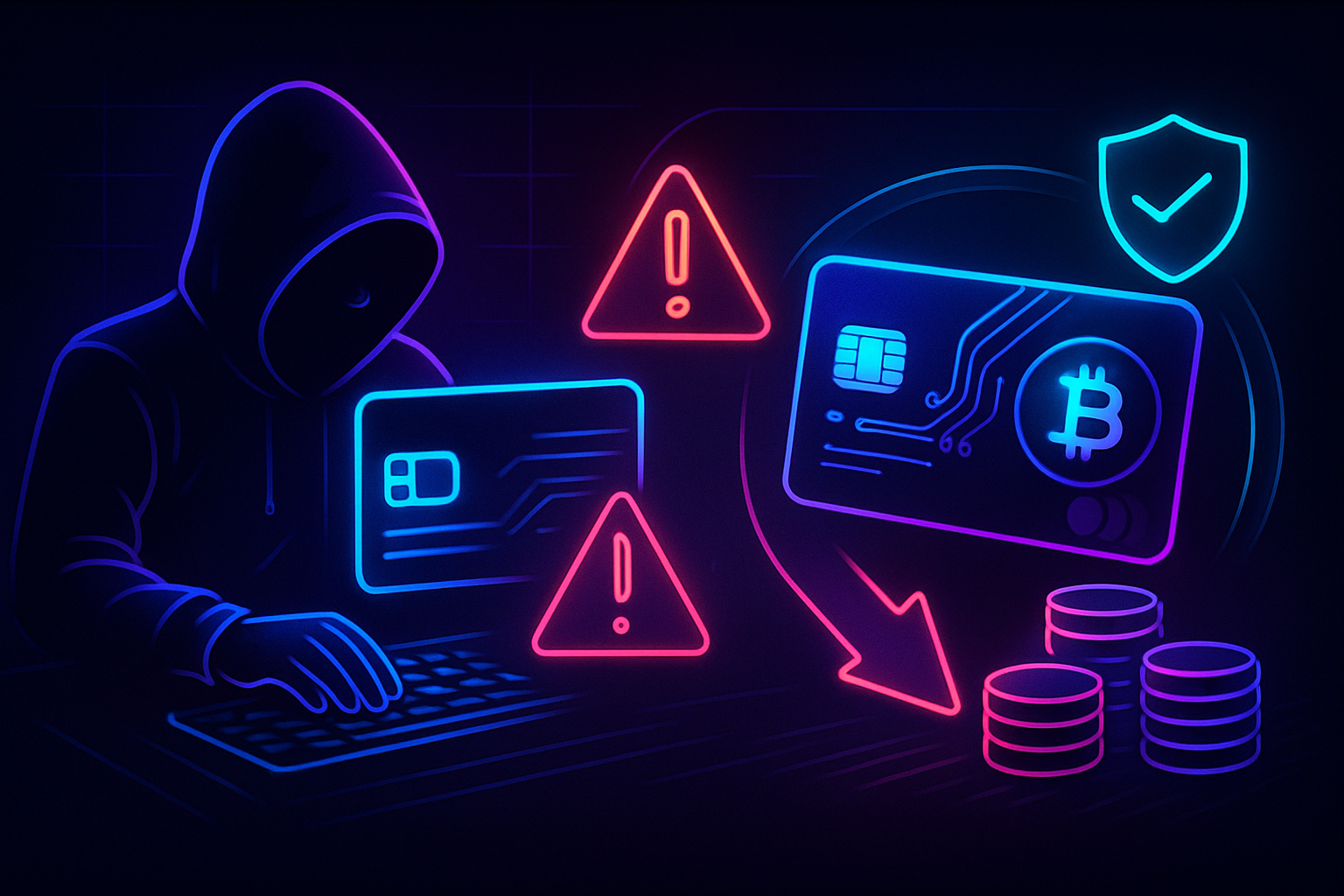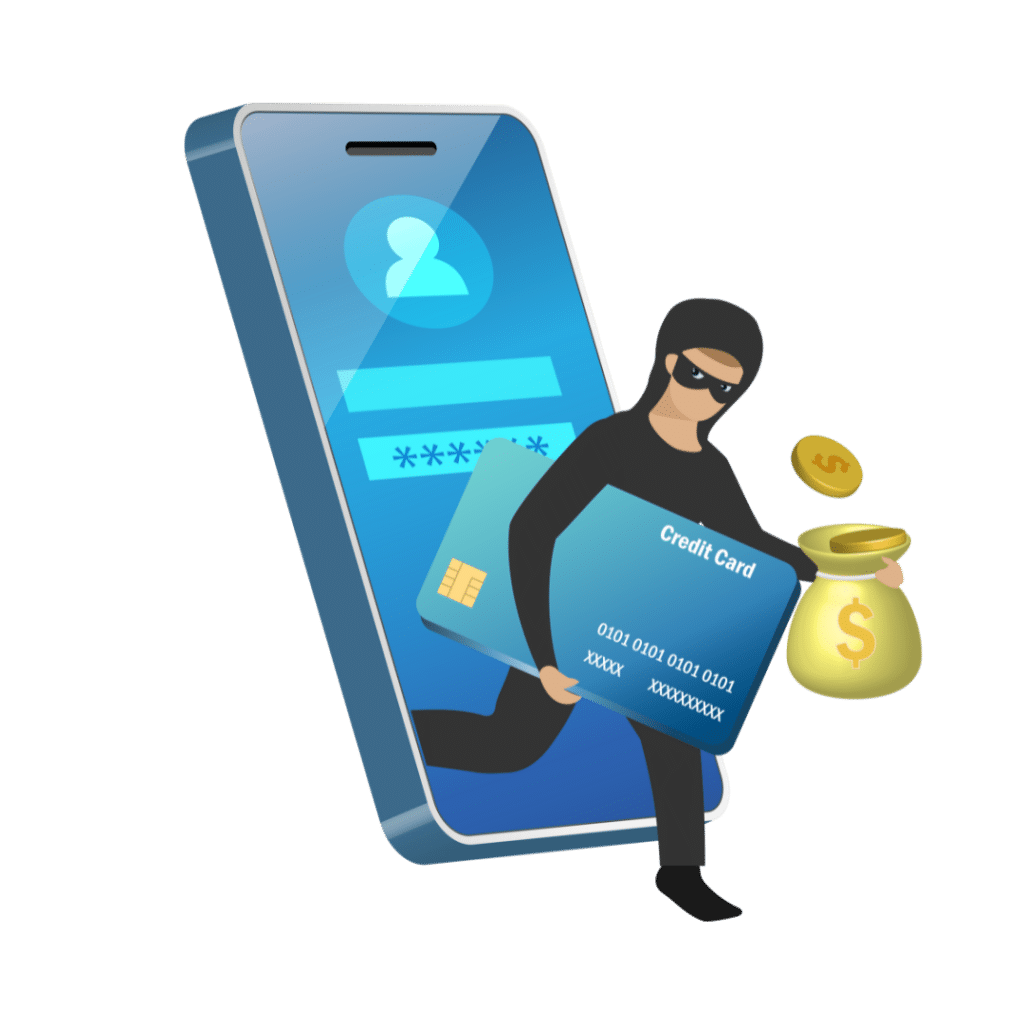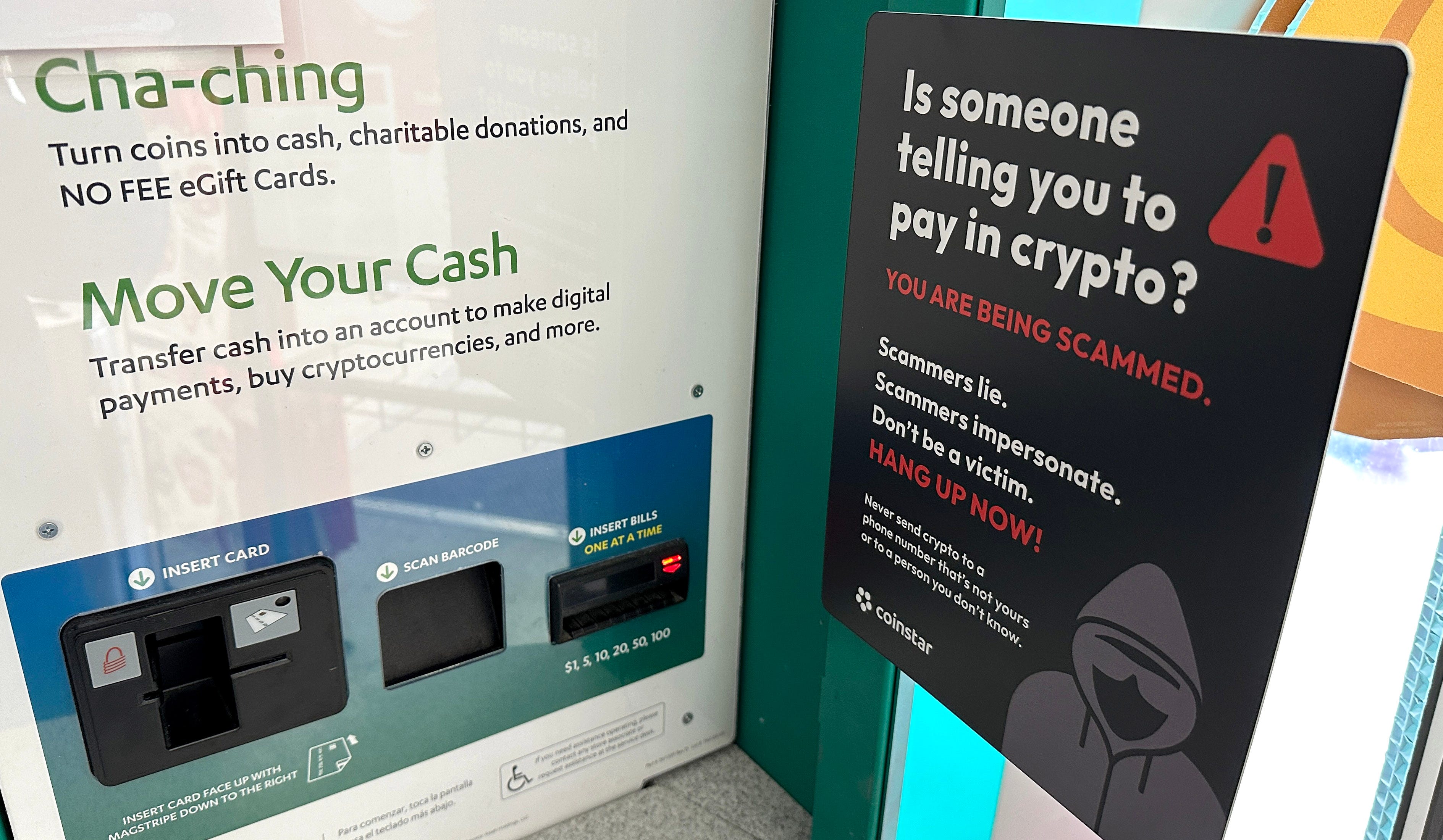
No-KYC crypto credit cards have become a hot topic among privacy-conscious crypto users. These cards promise anonymous spending, freedom from identity checks, and a way to unlock the value of your digital assets without the typical roadblocks of traditional finance. But how secure are these cards in practice? If you’re seeking financial sovereignty, it’s critical to understand both the appeal and the very real risks before swiping your next anonymous card.

No-KYC Crypto Card Security: The Double-Edged Sword of Anonymity
On the surface, skipping KYC (Know Your Customer) verification sounds like a win for privacy. No lengthy forms or intrusive document uploads. However, this anonymity comes at a steep price when it comes to security. Most no-KYC crypto credit cards operate in regulatory grey zones, and their very nature makes them magnets for malicious actors.
Risk #1: Increased Exposure to Fraud and Scams
The lack of identity checks is exactly what attracts not only privacy seekers but also scammers. No-KYC crypto credit cards are often targeted by malicious actors due to their anonymous nature, making it easier for fraudsters to exploit users through phishing sites, fake card providers, or social engineering attacks. When there’s no paper trail tying an account to a real person, it’s much harder to track down stolen funds or hold bad actors accountable.
Safety Tip: Always verify the legitimacy of the card issuer and use official websites or trusted aggregators before sharing any sensitive information or transferring funds. Stick with established providers reviewed by reputable sources and double-check URLs to avoid phishing traps.
Anonymous Crypto Card Risks: Lack of Consumer Protections
Another major concern is what happens when things go wrong. Traditional credit cards come with robust consumer protection frameworks – chargebacks, dispute resolution processes, and regulatory oversight that can help you recover lost funds if you fall victim to fraud or technical errors. With most no-KYC crypto cards, those safety nets simply don’t exist.
Top Risks & Safety Tips for No-KYC Crypto Credit Cards
-

Risk: Increased Exposure to Fraud and Scams – No-KYC crypto credit cards are often targeted by malicious actors due to their anonymous nature, making it easier for fraudsters to exploit users through phishing sites, fake card providers, or social engineering attacks.Safety Tip: Always verify the legitimacy of the card issuer and use official websites or trusted aggregators like Cryptowisser before sharing any sensitive information or transferring funds.
-

Risk: Lack of Consumer Protections and Chargeback Options – Unlike regulated financial products, no-KYC crypto cards typically do not offer robust dispute resolution or chargeback mechanisms. If your funds are lost due to a compromised provider or technical failure, recovery options are extremely limited.Safety Tip: Only load small amounts onto no-KYC crypto cards and regularly withdraw unused balances to minimize potential losses.
Risk #2: Lack of Consumer Protections and Chargeback Options
No-KYC crypto cards typically do not offer robust dispute resolution or chargeback mechanisms. If your funds are lost due to a compromised provider or technical failure, recovery options are extremely limited – sometimes nonexistent. There’s often no support team with enough information to verify your claim or restore access if something goes wrong.
Safety Tip: Only load small amounts onto no-KYC crypto cards and regularly withdraw unused balances to minimize potential losses. Treat these cards like cash – once it’s gone, getting it back may be impossible.
Crypto Card Safety Tips in Practice
The allure of privacy doesn’t have to mean reckless risk-taking. By following strict self-imposed security protocols and understanding where these products fall short compared to regulated alternatives, you can enjoy some benefits without exposing yourself unnecessarily.
It’s essential to stay vigilant as the landscape of no-KYC crypto card security evolves. The lack of regulatory oversight means users must become their own first line of defense. Even seasoned crypto enthusiasts can fall prey to sophisticated scams or technical mishaps that would be easily resolved with traditional financial products. The best practice is to approach every transaction with skepticism and to keep privacy in balance with practical risk management.
For those determined to leverage these cards, here’s a concise summary of the critical risks and actionable safety tips you need to remember:
Key Risks & Safety Tips for No-KYC Crypto Credit Cards
-

Risk: Increased Exposure to Fraud and Scams – No-KYC crypto credit cards are often targeted by malicious actors due to their anonymous nature, making it easier for fraudsters to exploit users through phishing sites, fake card providers, or social engineering attacks.Safety Tip: Always verify the legitimacy of the card issuer and use official websites or trusted aggregators (such as Cryptowisser or CardRates) before sharing any sensitive information or transferring funds.
-

Risk: Lack of Consumer Protections and Chargeback Options – Unlike regulated financial products, no-KYC crypto cards typically do not offer robust dispute resolution or chargeback mechanisms. If your funds are lost due to a compromised provider or technical failure, recovery options are extremely limited.Safety Tip: Only load small amounts onto no-KYC crypto cards and regularly withdraw unused balances to minimize potential losses.
Practical Steps for Safer Use
Beyond basic caution, there are concrete steps you can take to reduce your exposure:
- Stick to small balances: Only fund your card with what you’re ready to lose. Large deposits are an invitation for disaster if something goes wrong.
- Withdraw regularly: Don’t let unused balances sit on your card. Move funds back into your personal wallet as soon as possible.
- Use hardware wallets: When transferring funds onto or off your card, always use secure wallets rather than keeping assets on exchanges or hot wallets tied to the provider.
- Enable two-factor authentication (2FA): If your provider offers it, turn on every available layer of security, including app-based 2FA and withdrawal whitelists.
- Avoid public Wi-Fi: Conduct all transactions over encrypted connections and avoid accessing accounts from unsecured networks.
If you’re seeking more detailed guidance, check out resources like these best practices for no-KYC crypto cards. Staying informed is half the battle in this rapidly changing space.
Balancing Privacy With Security
No-KYC crypto credit cards offer an enticing level of anonymity but come at a cost most users underestimate until it’s too late. Increased fraud risk and minimal avenues for recourse mean you should always treat these tools as high-risk, short-term solutions rather than everyday spending vehicles.
If privacy is paramount, combine these cards with strict operational security and never assume that anonymity equals safety. The privacy revolution in finance is real – but so are the pitfalls for those who overlook the basics of digital self-defense.









